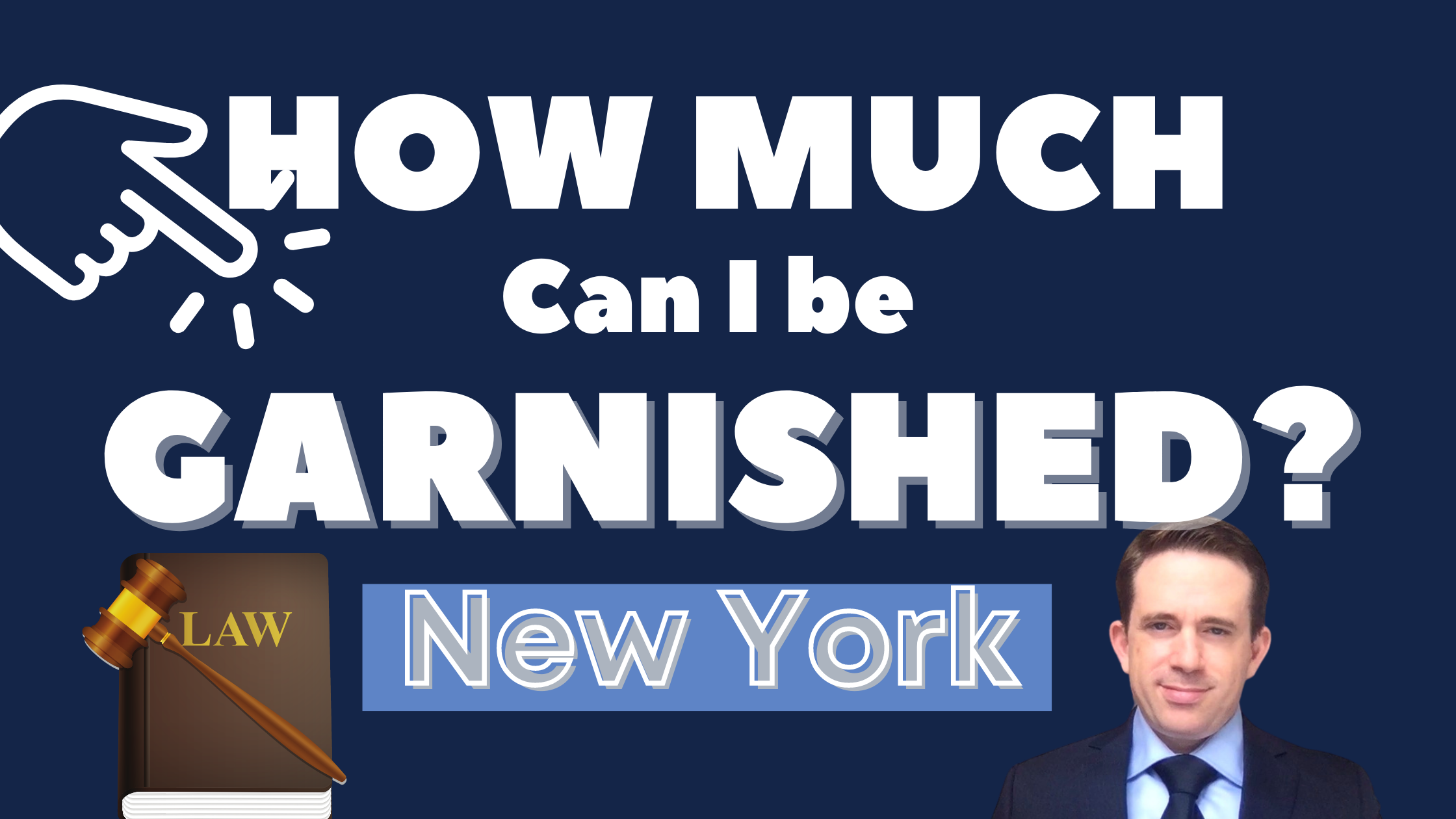We Defend You Against
Houslanger & Associates, PLLC
The Langel Firm defends consumers against New York state court collection lawsuits brought by Houslanger & Associates PLLC. We defend against collection lawsuits, and wage garnishments, and bank seizures.
The Langel Firm has represented consumers in numerous cases brought by the Houslanger firm. Houslanger's clients in those cases included debt buyers Centurion Capital Corp., Rushmore Recoveries and Asta Group.
If you need help against Houslanger & Associates, call us at (888) 271-7109, or complete this form.
.png)
STATE LAWSUITS INVOLVING HOUSLANGER & ASSOCIATES
We promptly stopped a $16,077 garnishment and settled the entire case for $2,100 payable at $100 per month. We argued that certain sections of New York law required service of post-judgment notices at a correct address. In this case, the garnishment papers cited an incorrect apartment number. The plaintiff was Rushmore Recoveries XIV, LLC, represented by Houslanger & Associates, PLLC. (Rushmore Recoveries XV, LLC v. Ferguson, 88518/07).
In Velocity Investments, LLC. v. Ungerer, Index # 187/07, we convinced Houslanger & Associates and Velocity to vacate a $21,538.91 judgment and discontinue its own lawsuit amid the sewer service scandal that involved the corrupt process serving company, American Legal Process.
Houslanger & Associates and Debt Collectors' Registration with the New York Department of State: A Matter of Jurisdiction
The court questioned the legitimacy of judgments entered by five debt collection corporations, including Centurion Capital Corporation, Colonial Credit Corporation, Great Seneca Financial Corporation, Monarch Capital Corporation, and Platinum Financial Services Corporation, represented by Houslanger & Associates. This was due to their failure to register as foreign corporations with the Department of State and the New York City Department of Consumer Affairs, resulting in a stay of enforcement on all their judgments in the Richmond County Civil Court.
3 Key Points:
- All five debt collection entities, which are Maryland corporations, failed to register as foreign corporations with the Department of State and the New York City Department of Consumer Affairs, which barred them from bringing actions in New York courts.
- The plaintiffs' argument rested on the belief that they were not "doing business" in New York in the traditional sense, hence were not required to file with the Department of State.
- The court questioned at what point does an out-of-state corporation file enough litigation to be required to comply with the Business Corporation Law (BCL) filing requirements, given the significant number of cases filed by these corporations in New York courts.
Case citation: Centurion Capital Corp. v. Guarino, 966 N.Y.S.2d 345 (N.Y. Civ. Ct. 2012)
FEDERAL LAWSUITS INVOLVING HOUSLANGER & ASSOCIATES
Interpreting the FDCPA: Notice of Judgment Assignment and Alleged Deceit in Post-Judgment Collection
In Musah v. Houslanger & Associates, PLLC, the plaintiff debtor claimed that the defendant law firm representing the assignee of a judgment creditor violated the Fair Debt Collection Practices Act (FDCPA) by failing to provide notice of the assignment of judgment. The court held that the plaintiff had adequately alleged a violation of the FDCPA, but rejected the claim that the law firm's post-judgment collection statements violated a New York statute governing attorney misconduct.
3 Key Points:
- A debtor must receive notice of a judgment assignment to satisfy the FDCPA's notice requirement.
- Under the FDCPA, an attorney seeking to collect an assigned judgment needs to ensure that the debtor received notice of the assignment.
- Deceitful statements made by a law firm in post-judgment collection documents do not violate New York's attorney misconduct statute if they are not directed at a court or made during a pending judicial proceeding.
Case citation: Musah v. Houslanger & Associates, PLLC, 962 F. Supp. 2d 636 (S.D.N.Y. 2013).
Clarifying the Legal Requirements for Enforcing Judgment Assignments under N.Y. C.P.L.R. § 5019(c)
Summary: The court dismissed Musah's complaint, asserting that his claims were grounded in the incorrect assumption that N.Y. C.P.L.R. § 5019(c) necessitated a judgment assignment to be filed with the court prior to enforcement by the assignee. The court clarified that § 5019(c) does not mandate such filing for the assignee to enforce a judgment against a debtor.
Legal Principle: Under N.Y. C.P.L.R. § 5019(c), an assignment of judgment does not need to be filed with the court for the assignee to be entitled to enforce the judgment against a debtor.
Actual Text of C.P.L.R. § 5019(c)
(c) Change in judgment creditor. A person other than the party recovering a judgment who becomes entitled to enforce it, shall file in the office of the clerk of the court in which the judgment was entered or, in the case of a judgment of a court other than the supreme, county or a family court which has been docketed by the clerk of the county in which it was entered, in the office of such county clerk, a copy of the instrument on which his authority is based, acknowledged in the form required to entitle a deed to be recorded, or, if his authority is based on a court order, a certified copy of the order. Upon such filing the clerk shall make an appropriate entry on his docket of the judgment. This subdivision shall not apply when there is a change to the owner of a debt through a sale, assignment, or other transfer where no judgment exists.
More information to help with a wage garnishment:
- Receive a Notice of Garnishment? Here’s a Summary of New York Law
- How much of my wages can be garnished? Summary of New York Law
- Vacating a Default Judgment in New York: 8 Fine Points
Here is a list of New York City’s Marshals who enforce wage garnishments:
- City Marshal Ronald Moses
- City Marshal Bruce Kemp
- City Marshal Gregg E. Bienstock
- City Marshal Martin Bienstock
- City Marshal Henry Daly
Contact us to help you with this garnishment!


